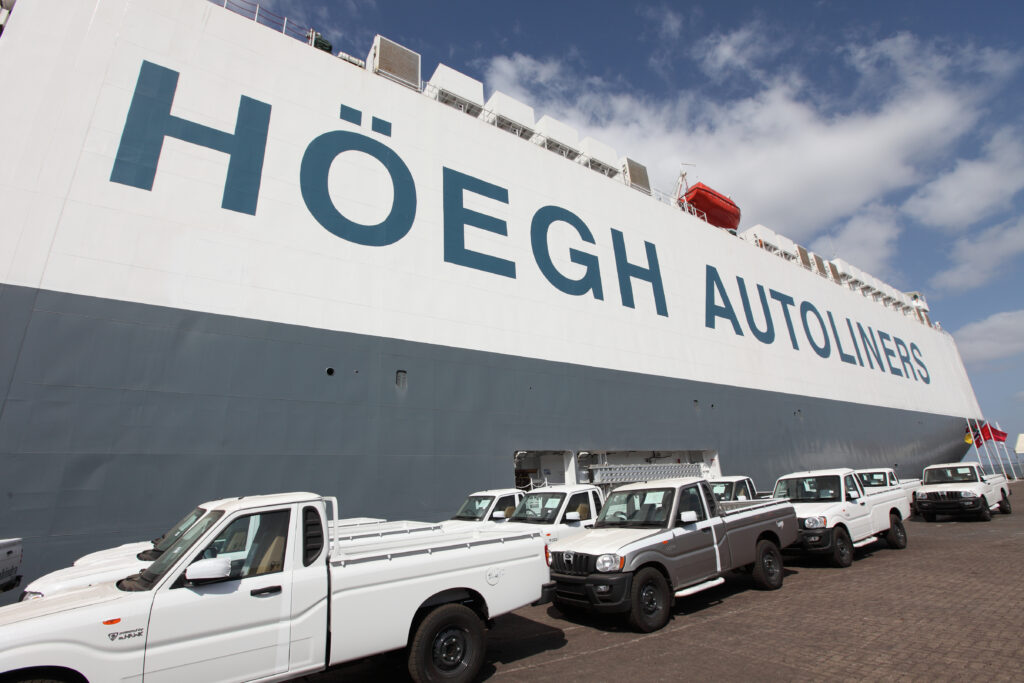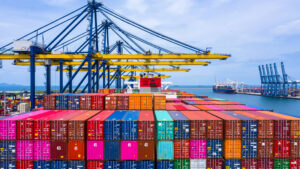There aren’t many days when the saga of climate change isn’t either climbing news agendas or knocked down running orders by some major climatic disaster.
The conundrum – or seismic shift – now faces every sector, with the global endeavour to mainstream green. We see the campaign, hear the noises off – and on – and the carbon neutral journey of shipping doesn’t always cut through.
When it comes to decarbonisation, another major ship-operator (there are more confronting the issue than many might think) has tied a flag to the mast – to make a difference.
Höegh Autoliners has reaffirmed its long-standing commitment to sustainability by becoming a signatory to the Getting to Zero coalition’s Call to Action for Shipping Decarbonisation. This aims to accelerate the decarbonisation of the shipping industry.
The Call to Action includes three demands to enable this ambition:
- commit to decarbonising international shipping by 2050
- support industrial scale zero emission shipping projects through national action
- deliver policy measures that will make zero emission shipping the default choice by 2030
Höegh’s CEO, Andreas Enger, says they are accelerating the company’s decarbonisation efforts to build a more sustainable maritime industry as well as to combat climate change.
“We have set an ambitious net zero emissions target by 2040 and we believe we will achieve this through investments in future technology and newbuilds,” says Andreas. “To drive the maritime industry to a zero emissions future, collaboration will be key. Through joint action and partnerships, we stand stronger and better equipped to succeed in our long-term climate ambition.”
Höegh Autoliners has a solid history on emission cuts and long-term efforts to combating climate change. Since 2008, the company has achieved an improved carbon intensity of 37 per cent in its fleet and is well on track to meeting the IMO’s 2030 40% intensity reduction target.
The recently launched Aurora-class design is a crucial step in the company’s sustainability commitment. The vessel has been designed with flexibility in mind and is the first in the pure car and truck carrier (PCTC) segment to be ready for operation, fuelled by carbon neutral ammonia.
According to the Global Maritime Forum, in what they describe as a ‘moon-shot ambition’, more than 200 companies within the maritime, energy, infrastructure and finance sectors have signed up to Getting to Zero. Supported by key governments and IGOs, the Coalition is committed to getting commercially viable deep sea zero emission vessels powered by green zero emission fuels into operation by 2030.
Through the background noise of campaign agitation, courageous as much of it can seem at the surface, if not at the time, transport, logistics and energy sector protagonists are just quietly getting on with it. You might say with less combustion. And with Höegh Autoliners carrying the new generations of electric vehicles (EVs), this is very quiet.
Long after the current wave of protests, post Glasgow COP-26 climate conference and the circus has left town, this maritime innovation is at the delivery end. This is the action being called for.








